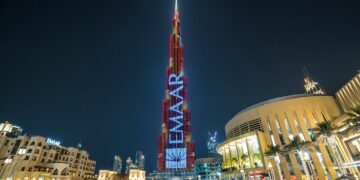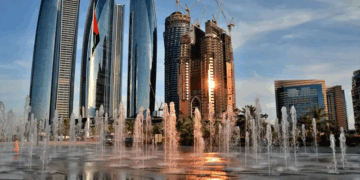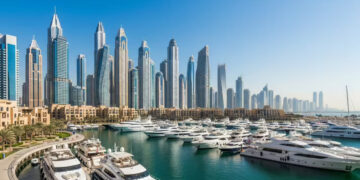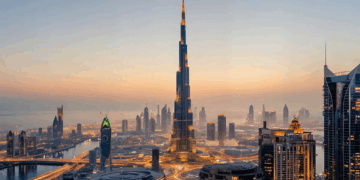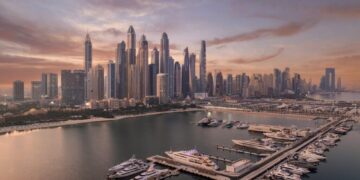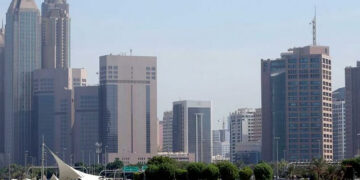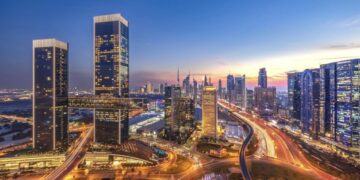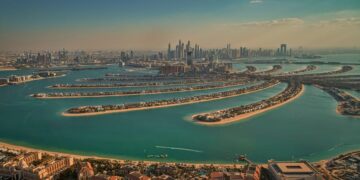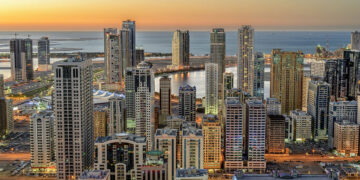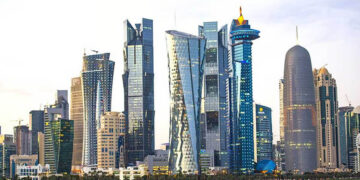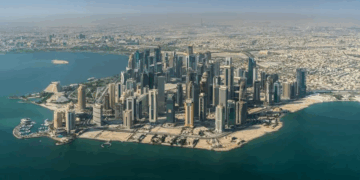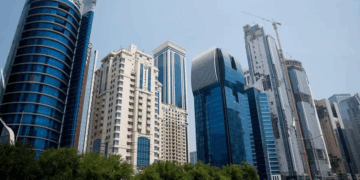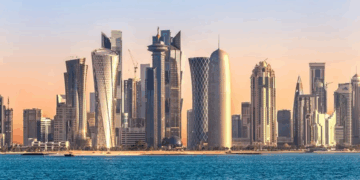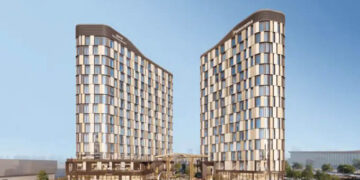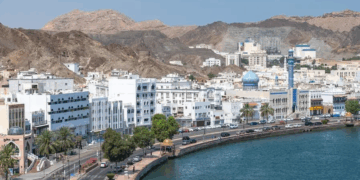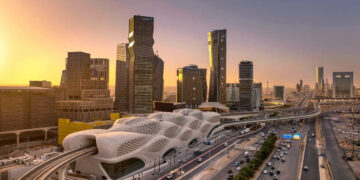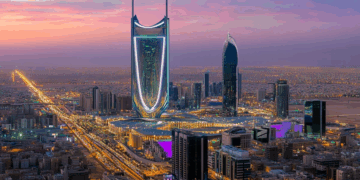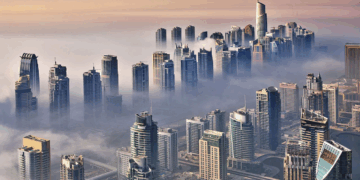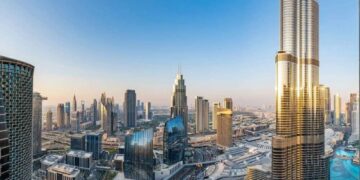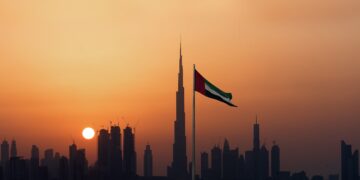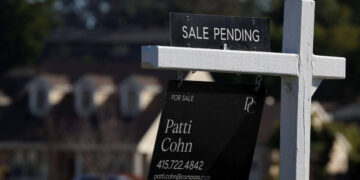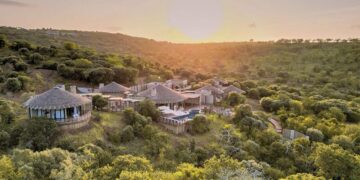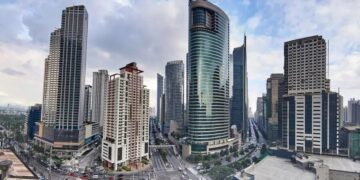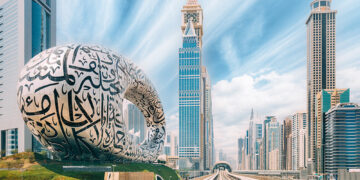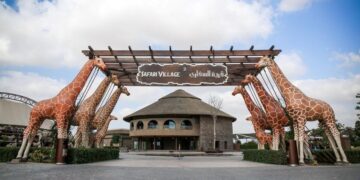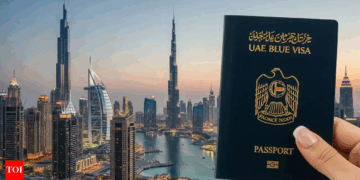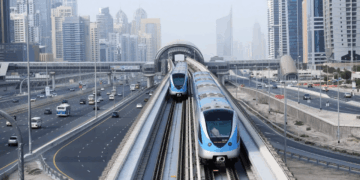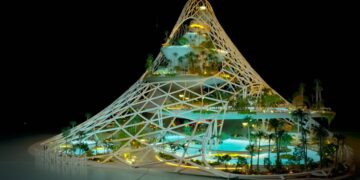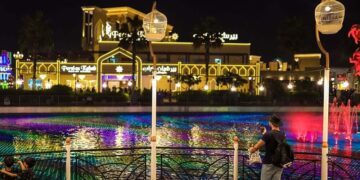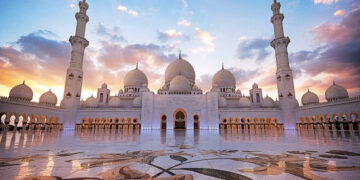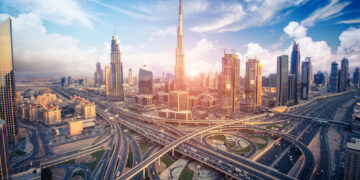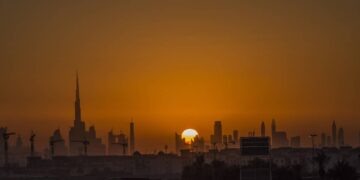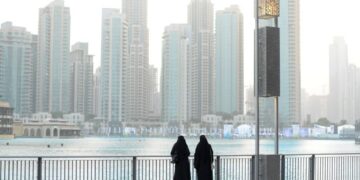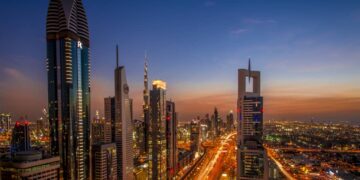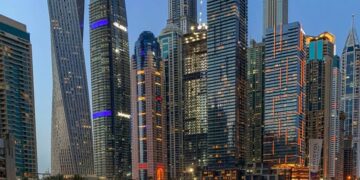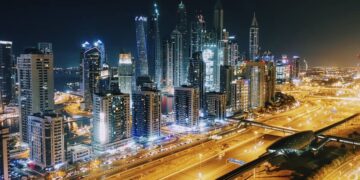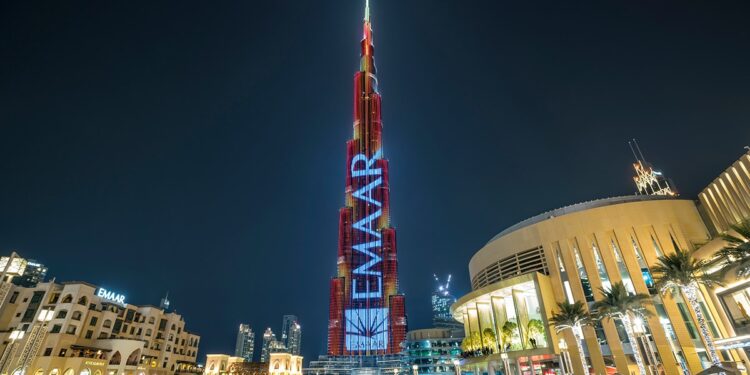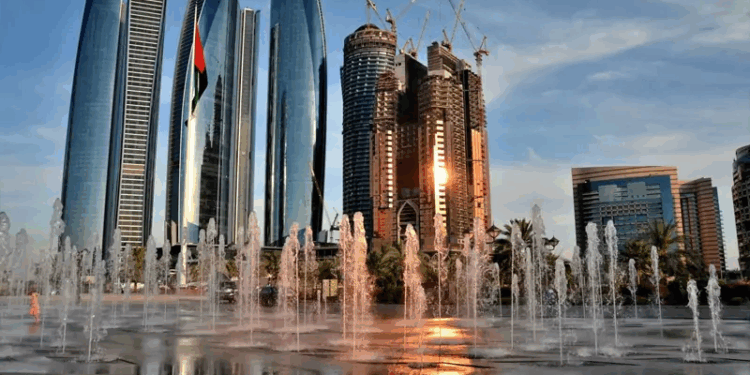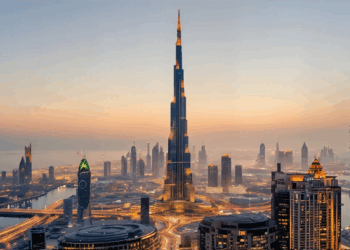Dubai’s real estate business has broken sales records, with industry experts naming Emaar, Ellington, Meraas, Select, and Omniyat as the top developers positioned for excellent growth and investment returns by 2025.
“Emaar offers master-planned communities with top-tier infrastructure, Ellington provides high-quality European-style finishes with boutique developments, and Meraas creates unique lifestyle projects, blending luxury and modern design, whereas Select brings forth excellent reputation, premium amenities, and strategic locations,” Paul Sharland, the Off Plan & Investment Associate Director at haus & haus told Arabian Business.
However, Andrew Cummings, Head of Residential Agency at Savills Middle East noted that “there is an increasing number of large developers such as Sobha, Ellington, Select who are challenging the dominance whilst new and innovative products are being released by smaller and boutique developers such as Alta and Mr 8 Development. Aldar has also entered the market in a big way which is having an impact.”
Dubai ‘under-priced’ compared to London, New York, Paris, Tokyo
In addition, according to Lewis Allsopp, Chairman of Allsopp & Allsopp, developers now focus beyond basic features where “more than just finishes, people are looking for a lifestyle.”
“This means wellness and community are paramount. Think high-end gyms and yoga studios, dedicated padel courts, and integrated sustainability features,” he said.
Nonetheless, all experts urge investors to consider the developer’s reputation, financial stability, payment plans, location, and possible rental yields before making investment selections.
“Using a trusted agent is crucial. Developer sales agents may priorities commissions over buyer interests, whereas independent brokers ensure their clients get the best deals. The key risk is dealing directly with developers who may push less desirable units,” Sharland explained, emphasizing on the importance of professional guidance.
Investors are also advised to be “mindful of affordability pressures, particularly as capital values continue to rise. Mortgage accessibility is also a key consideration, with a 30 per cent deposit required for properties priced above AED5 million,” Cummings said.
Aside from this, recent government initiatives have enhanced Dubai’s appeal to international investors.
“Visa reforms, multiple residency options, and tax incentives have made Dubai even more appealing to international investors, ensuring sustained demand for real estate,” Sharland said, adding that Dubai remains “underpriced compared to major global cities.”
“While luxury areas like the Palm and Downtown are expensive, the broader market is much more affordable. Compared to cities like London, New York, Paris, and Tokyo, Dubai offers much better value. This is a key message we emphasize to investors,” he added.
Al Khail Corridor, Old Dubai emerge as property investment ‘hotspots’ for 2025
Several areas have emerged as key investment destinations, according to Cummings.
“The Al Khail corridor and Dubailand, has emerged as a key hotspot. This area, covering Jumeirah Village Circle (JVC), Damac Hills 2, Al Barari, and Dubai Hills Estate, accounted for 51 per cent of all transactions in 2024, highlighting its growing popularity,” he said, adding that premium waterfront locations such as Palm Jumeirah, Bluewaters Island, and Jumeirah Bay Island “continue to command high price points, particularly in the luxury segment,” whereas for villas, areas like Dubai Hills Estate and Jumeirah Islands “remain in high demand.”
Savills Middle East’s Sharland also identified two additional growth regions where “demand is growing”.
“Old Dubai (Dubai Islands & Maritime City), which is undergoing a major transformation, offering proximity to DIFC while maintaining a beachfront lifestyle and South Dubai (Palm Jebel Ali, new airport, Expo City): Emerging developments with future infrastructure expansion, making it an attractive long-term investment,” he said.
Allsopp also noted the popularity of JVC, evidenced by approximately 15,000 units launched there last year, along with “consistent interest in areas like Dubai Hills Estate, Downtown Dubai, and Dubai Marina, each offering different advantages for investors,” he said.
Dubai real estate to see influx of new residents, tourists by 2027
Dubai’s real estate sector saw an exceptional AED423 billion in sales in 2024, representing a 47% year-on-year rise in transactions and reflecting unwavering interest from both end users and investors in a market that continues to outperform worldwide expectations.
“We expect this to continue, driven by Dubai’s expanding population, smart government policies, and solid rental returns. While we’re mindful of global economic shifts, Dubai’s built a solid foundation that keeps attracting investors. Essentially, the market’s healthy and we see that trend continuing into next year,” Allsopp said.
However, there is a “significant undersupply” of family residences, particularly townhouses and detached villas, which account for only 13% of Dubai’s overall property inventory, experts said.
“With more families moving to Dubai, especially from Europe, the demand for larger homes will continue to outstrip supply. This presents a prime opportunity for investors targeting long-term capital appreciation,” Sharland added.
Responding to population estimates, developers intend to build around 41,000 new apartments in 2025, up from 29,000 in 2024.
However, with apartments accounting for 81% of the 145,000 units launched in 2024, the shortage of ground-level housing options persists, according to Allsopp.
“Dubai’s real estate market is gearing up for significant growth, driven by an anticipated influx of one million new residents and tourists by 2027,” he said, adding that “this creates a highly competitive environment for investors seeking villas and townhouses, while simultaneously offering sellers of these property types the opportunity to achieve premium prices due to the favourable supply-demand dynamic.”
Off-plan properties in Dubai provide higher ROI
Experts say non-plan sales accounted for 68% of 55% of total transactions in 2023. This is due to the fact that investors are attracted to flexible payment plans and potential capital growth.
In 2024, the ready-made real estate market accounted for just 32% of transactions, reflecting the appointment of unplanned investments despite increasing capital values.
“Off-plan properties often provide higher ROI due to structured payments and improved build quality. Dubai’s construction standards are continuously improving, ensuring better value for buyers over time,” Sharland said.
In addition, for villas and townhouses, “the lack of ready units is pushing investors towards off-plan projects, where they can secure the type of property they want. For apartments, off-plan developments offer the advantage of newer amenities and upgraded features,” Allsopp concluded.
